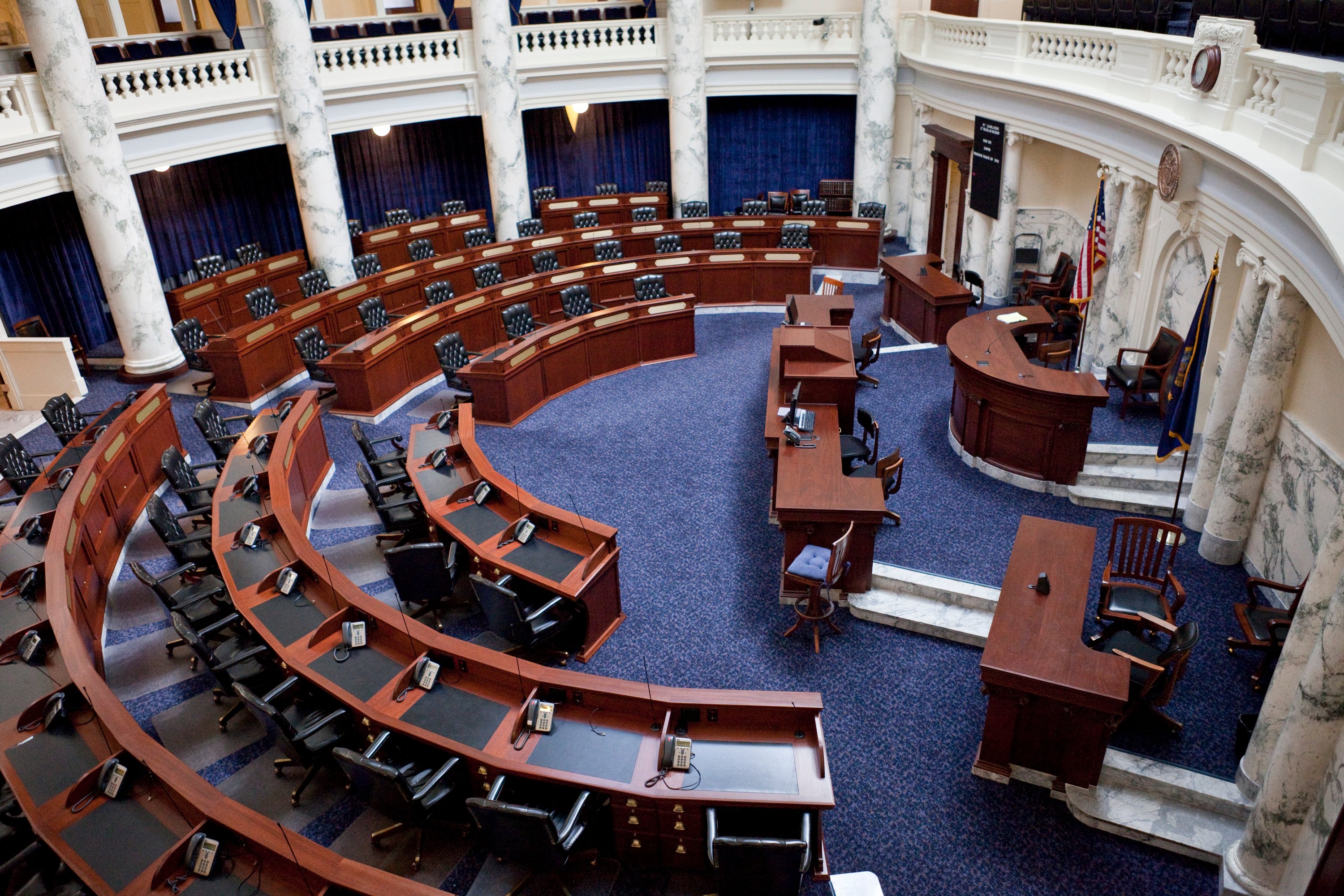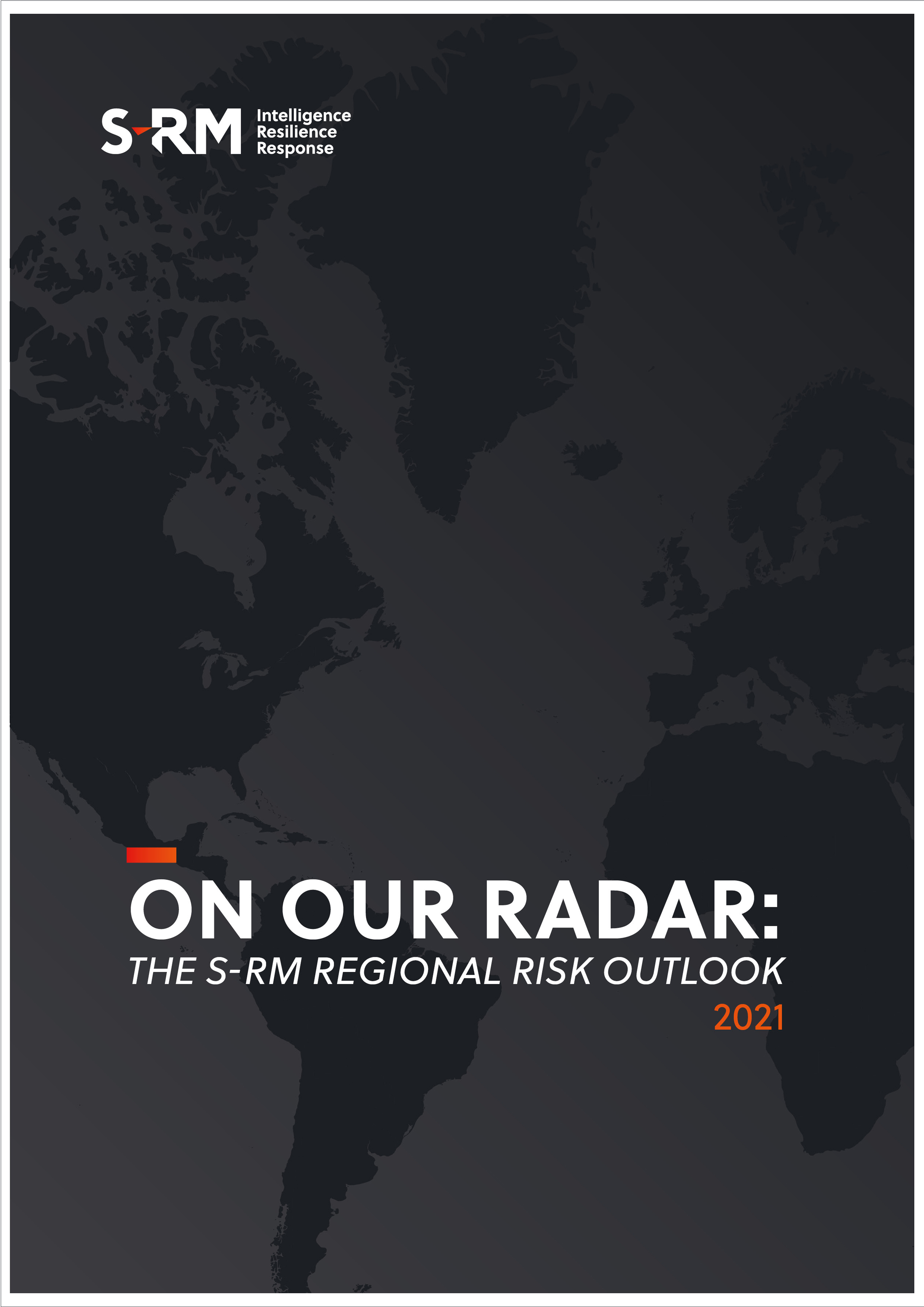Recent high-profile leaks revealing suspected tax evasion, money-laundering and corruption show how financial institutions can come under fire for handling suspicious transactions even when they are duly reported. Proposed legislation in the US and Canada indicates a trend of increasingly strict requirements for corporations globally, including financial institutions, to know their customers and the ultimate beneficial owners of their portfolios.
THE FINCEN FALLOUT
Before anyone had heard of the FinCEN Files, in January 2020, a former US Treasury official named Natalie Edwards pled guilty to unlawfully disclosing suspicious activity reports (SARs) to reporters.[1] While Edwards cited her “civic duty” to reveal the suspicious transactions to the public, the unauthorised leak was a crime, according to FinCEN, the Treasury Department’s enforcement arm.[2]
With Edwards awaiting sentencing, due January 2021, the International Consortium of Investigative Journalists (ICIJ), in cooperation with BuzzFeed News, published their findings on the leaked SARs as the so-called FinCEN Files: a major investigation that has continued to send shockwaves through the global financial community. The reports, comprising stories pieced together from over 200,000 suspicious transactions, and totalling more than USD 2 trillion over nearly 20 years, have been portrayed as revealing the failure of major financial institutions to address global money laundering, tax fraud, and sanctions violations.
Already, the stories threaten to have a chilling effect on reporting entities, including major banks, who are now asking: “Are we writing our next SAR narrative in consideration that it might be on the front page at BuzzFeed?”[3]
A CRIMINAL LEAK REVEALS LESS-THAN-CRIMINAL ACTIVITY
While the public directed their ire at the banks, financial compliance teams around the world had largely acted within the letter of the law. In receiving and processing SARs, FinCEN had fulfilled its commission as an investigative bureau that collates and analyses the reports.
Neither were the reporting entities shirking their duty. Banks are acting within their rights when they process suspicious transactions (and collect the appropriate fees), provided they notify FinCEN of their concerns within an appropriate amount of time. When a bank files a SAR, it cannot be used as evidence in court: it is “not a criminal report.”[4] Rather, filing a SAR with FinCEN will protect a bank from legal repercussions if the suspicious transaction turns out to be linked to criminal activity. From one perspective, then, the leak was a criminal interruption of federal law enforcement investigations that may have already been underway.
DUE DILIGENCE IS JUST THE BEGINNING
Merely filing a SAR, however, cannot do much to prevent bad press. As stories from the FinCEN Files were published, share prices for a wide range of major financial institutions plummeted.[5]
Although they do not bear responsibility for law enforcement, the banks came under fire for their suspicious, though duly-reported, transactions. For example, the UK was labelled a higher risk jurisdiction by FinCEN after more British companies were named in the leak than any other country.[6]
"Companies wishing to continue their work in the region need to be aware of plans for a stricter compliance regime, particularly in the US and Canada."
As in the aftermath of previous leaks, however, bad actors need only reshuffle their jurisdictions when it comes to continuing offshore money-laundering, tax evasion, and terrorism financing. And when it comes to reporting the source of these funds and the beneficial owners of these portfolios, North America remains a patchwork of opacity. In Canada and the US, federalism has meant that each state or province sets its own agenda when it comes to beneficial ownership reporting requirements. Companies wishing to continue their work in the region need to be aware of plans for a stricter compliance regime, particularly in the US and Canada, where new regulations are under development.
THE FUTURE OF DISCLOSURE REGULATION IN THE US
In January 2020, well before the FinCEN Files came to light, the US had also fallen to a new low according to Transparency International’s Corruption Perceptions Index, scoring 69 out of 100.[7] This lower rating has already resulted in increased scrutiny by industry watchers, prompting most major industries to re-examine their obligations to know your customer.
Indeed, the Bank Secrecy Act, which governs anti-money laundering programmes in the US, has been under review by FinCEN for much of this year. Prior to the FinCEN Files’ appearance in the press, FinCEN was publishing statements on enhancing the assessment framework for anti-money laundering (AML) programmes, among other compliance initiatives.[8]
The most significant federal measure addressing money-laundering in the US is the Corporate Transparency Act of 2019, currently under review in the US Senate after approval in the US House of Representatives last year.[9] A bipartisan bill, the measure also faces criticism from both political camps, given the potentially burdensome disclosure requirements that are proposed for companies registered in the US. Pundits on the left and the right, in rare agreement, are concerned that the bill’s disclosure scheme would unduly burden small businesses in a growing list of sectors designated as financial reporting entities – all without setting up any meaningful impediments to bad actors sharing inaccurate data.[10]

Regardless of the bill’s success, the issues raised have enjoyed perhaps unexpected support from the Trump White House, per a statement released in October 2019 praising the bill as “important progress in… clarifying regulatory requirements.” The incoming Biden administration, likewise, has signalled its support for the bill’s provisions, which have since been incorporated into a larger raft of security proposals as part of the annual National Defense Authorization Act.[11]
"The incoming Biden administration has signalled its support for the bipartisan Corporate Transparency Act of 2019."
A related bill in the Senate (the ILLICIT CASH[12] Act), also currently in committee,[13] would require reporting entities to formulate risk-based policies subject to the review of a proposed liaison office at FinCEN.[14] FinCEN has separately suggested various measures which have been bundled in the ILLICIT CASH Act, including one proposal currently under review by the Federal Reserve that would require banks to file a report on any suspicious transaction of more than USD 250, rather than the current threshold of USD 3,000.[15]
In moving these proposals through the legislative system, the US is signalling that the burden of due diligence and disclosure falls all the more heavily on the companies that are reporting financial transactions.
NEW DISCLOSURE REGULATION IN CANADA
Lesser publicised but no less stringent regulations are planned in certain Canadian provinces. British Columbia in particular has taken an aggressive first step towards real estate ownership reporting that has already prompted serious reflection in other provinces.
The western province, in recent years, has become a magnet for foreign investment, especially given the lack of disclosure requirements for real estate and vehicle purchases. Last year, industry watchers estimated the size of the money-laundered real estate market in Canada at USD 4 billion.[16] The absence of an ultimate beneficial ownership (UBO) declaration requirement for companies, trusts and nominees has also allowed for the development of a sizeable arbitrage market for luxury cars purchased by straw buyers and exported to China’s elite, bypassing the foreign buyer tax at a profit.[17]
In September 2020, British Columbia introduced the Land Owner Transparency Act, which established a registry of UBO information for real estate in the province. Land owners in British Columbia are now required to report UBO information to the registry by 30 November 2021.[18] Ownership information will go into a searchable, public database – a first in Canada, and a major impediment to continued money-laundering through real estate in the province.

The province of Quebec is also considering publishing a registry of UBO information on companies, partnerships and trusts in an effort to combat “snow-washing”, as money-laundering in Canada is sometimes called.[19] Quebec has had a land registry in place since the 19th century.
"Canada’s federal financial intelligence unit has updated its sector-specific guidance for reporting entities including casinos, accounting firms, insurance companies, and securities dealers."
Nationally, the Canada Business Corporations Act was updated in 2019 to require private federally registered corporations to maintain a list of individuals with significant control; these names would not be publicly available, however.[20] Canada’s federal financial intelligence unit (FINTRAC) has also updated its sector-specific guidance for reporting entities including casinos, accounting firms, insurance companies, and securities dealers.[21] Even as Canada’s Department of Finance considers moving “towards a beneficial ownership public registry” at the federal level,[22] the greater Toronto area is attracting new real estate customers eager to avoid beneficial ownership disclosure: corporate buyers there account for fifty percent of unregulated mortgages with no AML reporting requirements.[23]
Even well-organised reporting schemes face serious challenges with this year’s COVID-19 pandemic. As of March 2020, companies’ compliance teams in Canada were required to keep additional documentation of any change in reporting procedure due to reduced capacity under work-from-home orders.[24]
PLANNING FOR THE REGULATORY LANDSCAPE OF THE FUTURE
It is increasingly critical that companies working in North America can obtain and maintain a clear understanding of their third-party partners’ ultimate beneficial ownership. To do this effectively, a company must:
- Invest in due diligence. Regular reviews for compliance concerns among third parties are indispensable for any company, particularly reporting entities in the financial sector.
- Account for multijurisdictional customers. It is now the norm for companies to be registered in one country, to report earnings in a second country, and to benefit owners residing in a third country. Each jurisdiction will adhere to a different reporting standard, entailing different definitions of beneficial ownership. Multijurisdictional entities can find themselves in a continuous reporting scheme updating several different tax authorities at repeating intervals. Regional expertise will be critical for cross-border reporting entities.
- Regularly review and update beneficial ownership information. Due diligence efforts must be made at regular instances, well beyond the initiation of a relationship. Records on defunct third parties or partners with whom a company’s relationship has ended should be retained for at least five years.[25]
"Even if none of FinCEN’s plans for updated SAR filing are realised, the next round of investigative reporting will not discriminate between negligent companies or companies who were simply not prepared."
The alternative to increased regulation in Canada and the US is hardly more appealing. Even if none of FinCEN’s plans for updated SAR filing are realised – or if financial institutions choose to conduct business as usual and make no meaningful changes in their reporting[26] – the next round of investigative reporting will not discriminate between negligent companies or companies who were simply not prepared. The imperative to know your customer has never been more important.
References:
[1] Source: United States Attorney’s Office.
[3] Source: Thomson Reuters.
[4] Source: Miami Herald.
[7] Source: Transparency International.
[9] Source: US Congress.
[10] See: Corporate Compliance Insights.
[12] Improving Laundering Laws and Increasing Comprehensive Information Tracking of Criminal Activity in Shell Holdings Act.
[13] Source: US Congress.
[14] Source: Heritage Foundation.
[17] See: Office of the Attorney General of British Columbia.
[18] Source: Land Title and Survey Authority of British Columbia.
[19] Source: Transparency Canada.
[20] Source: World Bank.
[22] Source: Department of Finance Canada.
[23] Source: Transparency Canada.
[26] See: S&P Global.



 Email Hannah
Email Hannah





 @SRMInform
@SRMInform
 S-RM
S-RM
 hello@s-rminform.com
hello@s-rminform.com

